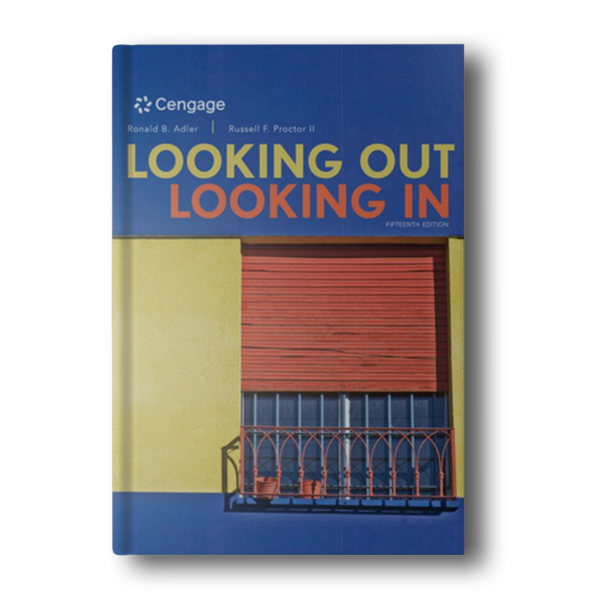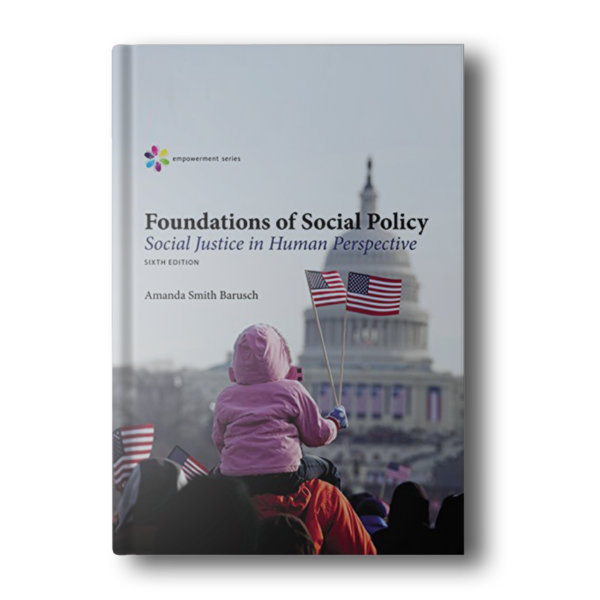Traditional measures of economic activity, such as GDP, take no account of damage done to the stock of natural capital by environmental change nor the loss of welfare that economic activity causes through increased pollution. This book predominantly addresses the second question and develops and expands on previous research by the authors (Markandya and Pavan, 1999).
Using spatially desegregated data on measures of pollution to derive economic damage estimates, the main purpose of the book is to gauge the environmental damage sustained as a result of economic activities and to offer an insight into how the information generated can be used in conjunction with conventional economic accounts. The first few chapters review recent developments in both green accounting and pathway analysis.
The book goes on to evaluate the progress made in estimating dose response functions and valuing environmental damages. The authors discuss the methodology used for the estimation of damages caused by ambient air pollution and the cost of defensive expenditures. They also present the results of the analysis and draw important policy conclusions for environmental accounting, particularly in the EU.
This book will be essential reading for environmental economists, particularly those interested in issues of environmental accounting.















Reviews
There are no reviews yet.